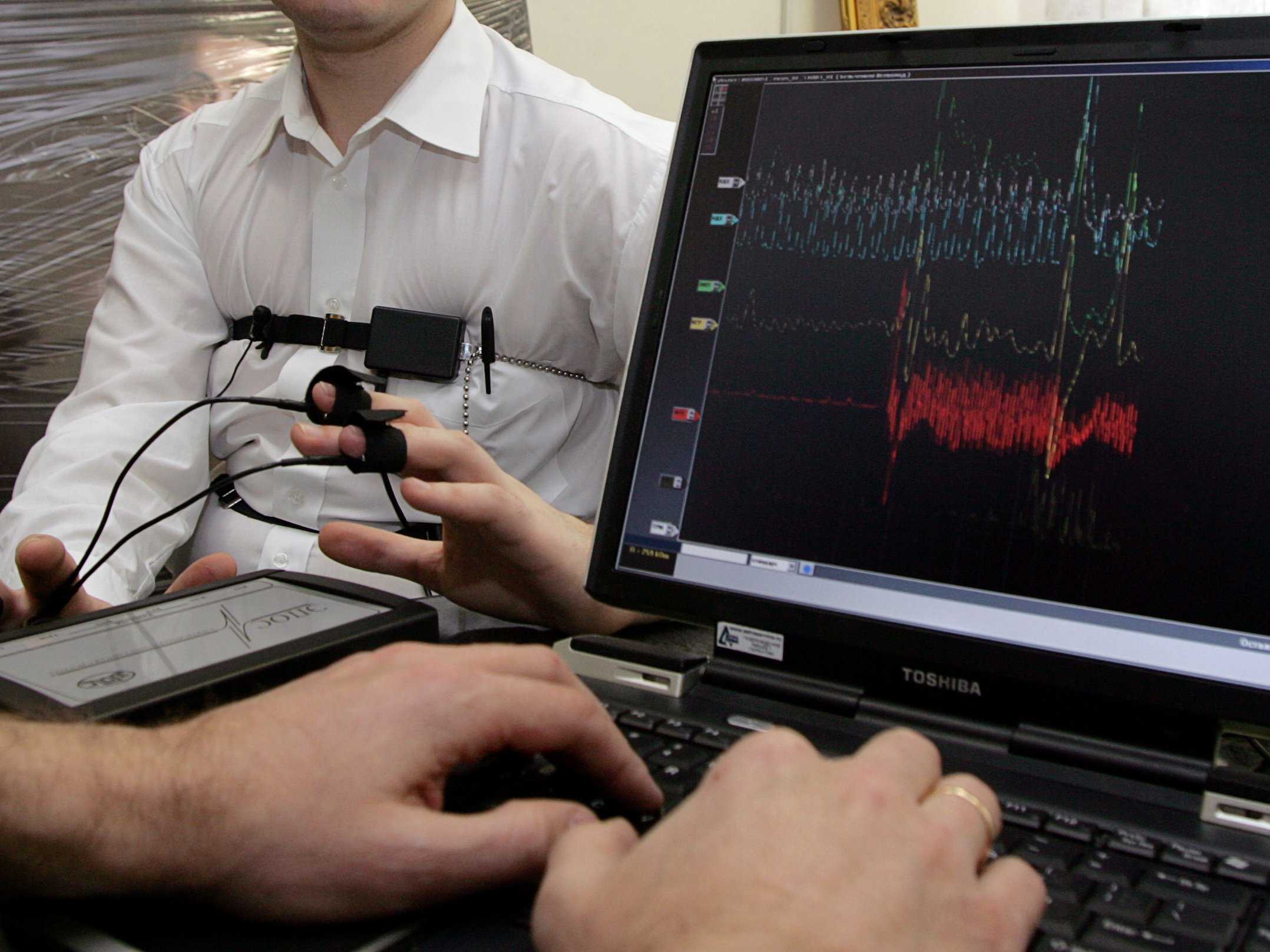Things To Consider While Planning The Estate
Establishing a plan for who will ultimately inherit your assets is part of estate planning. Additionally, it specifies how you want your affairs to manage you are ever unable to handle them on your own for any reason. It’s a challenging process, and it may seem overwhelming at times. Despite the widespread idea that estate planning is only about cash are many other aspects to it and you can reach out with https://www.brattonlawgroup.com/practice-areas/estate-planning/.
Everyone Should Plan Their Estate
Even though people tend to consider it more as they age, it is not only for retirees. Injuries and illnesses affect people of all ages, and we unable accurately anticipate how long we will survive. For the perfect guidance contact with https://www.brattonlawgroup.com/practice-areas/estate-planning/. Even though those who have amassed fortune may give it more thought to how to be preserved, estate planning is not just for the wealthy. For families with modest assets, good estate planning frequently has an impact because the time and money lost due to inadequate estate preparation is more costly.
Estate Planning Documents Most Frequently Used
Your estate plan is composed of several documents. Together, they make a potent symbol of your dying intentions.

Guardianship
Specify what you want to happen and who you want to look after your children or any other dependents you are in charge of after your passing or if you are unable to care for them yourself. A portion of your Will will typically contain guardianship provisions.
Will
A written agreement; expressing final desires the distribution your property or other assets.
Trust
An official three-party fiduciary arrangement allowing the first party (the Settlor, also known as Trustor or Grantor) to grant the second party (the Trustee). The authority holds assets and property behalf of and for the benefit of the third party Beneficiary.
Financial Power of Attorney (POA)
An official document granting someone authority manage your financial affairs.
Durable Power of Attorney (POA)
A variant of a Financial Power of Attorney is a legal document that grants authority to another person to manage any of your non-health or non-medical matters. Durable means that the POA will still be in effect if you become incapacitated.
Advance Healthcare Directive (AHCD)
What medical procedures, if any, should carry out if you become incapacitated and unable to make your own decisions is explicitly stated in an advance healthcare directive. Although the phrases “Living Will,” “Medical Power of Attorney,” and “AHCD” frequently used interchangeably, there are legal differences between them.
Your medical wishes can stated in a living will (typically for end-of-life decisions, like life support). You can appoint someone to make healthcare decisions on your behalf if you unable to do so by using a medical power of attorney.



